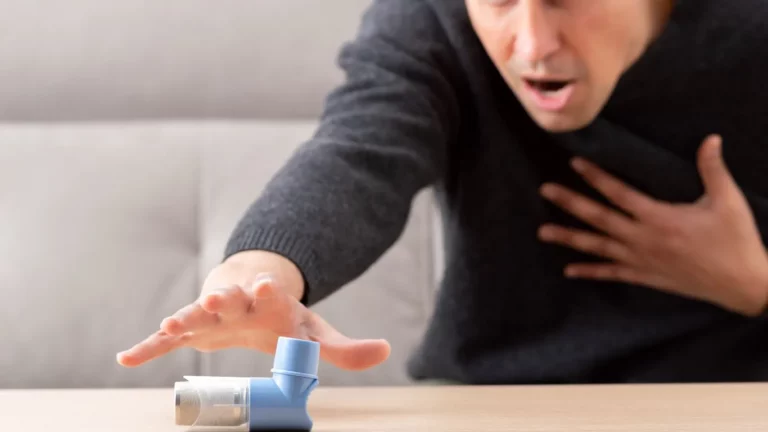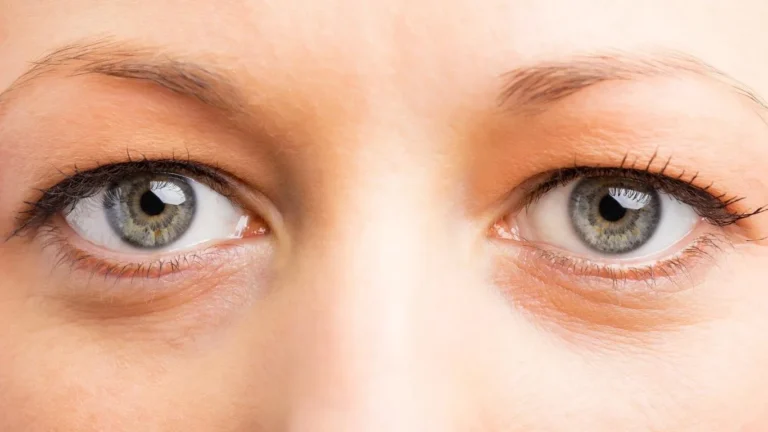Why Eye Floaters May Be a Hidden Sign of Adrenal Fatigue
“Okay, not gonna lie—I thought I was losing it. A few months ago, I started noticing these weird shadowy specks drifting across my vision. I blinked, rubbed my eyes, squinted—you name it. But they wouldn’t go away. Then came the exhaustion. Not the regular kind. The deep, bone-tired kind that had me wired and tired at the same time. That’s when I stumbled upon something intriguing: the possible connection between eye floaters and adrenal fatigue.”
Could Your Floaters Be More Than Just ‘Aging Eyes’?
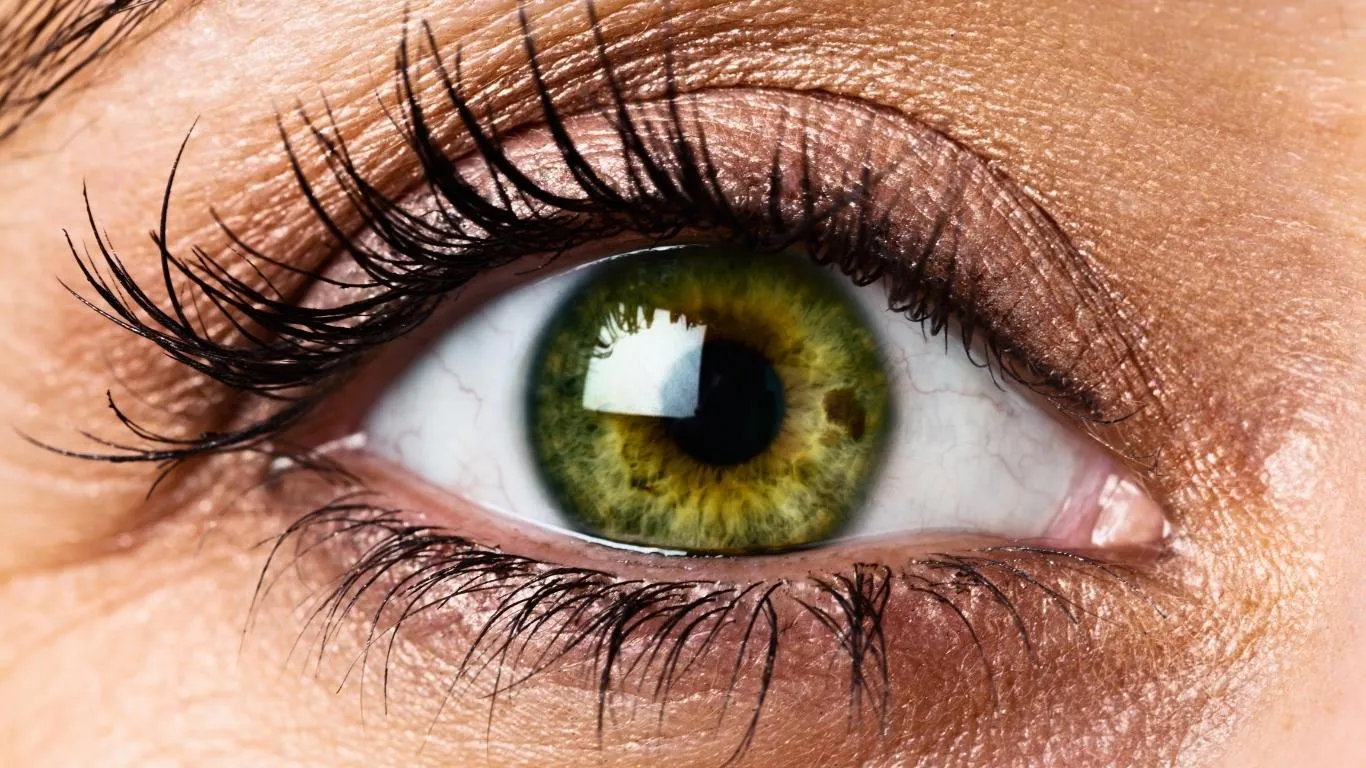
Most people chalk up floaters to getting older, maybe some mild dehydration, or just “one of those things.” But what if your body is actually waving a red flag? Floaters are typically harmless—just bits of collagen floating around in your vitreous. But here’s the twist: not all floaters are created equal. When they come bundled with other symptoms—chronic fatigue, brain fog, low mood, salt cravings—it could be your adrenal system crying for help.
The main article on eye floaters gives a solid overview, but what we’re diving into here is something more subtle, and surprisingly under-discussed.
How Adrenal Fatigue Affects the Eyes
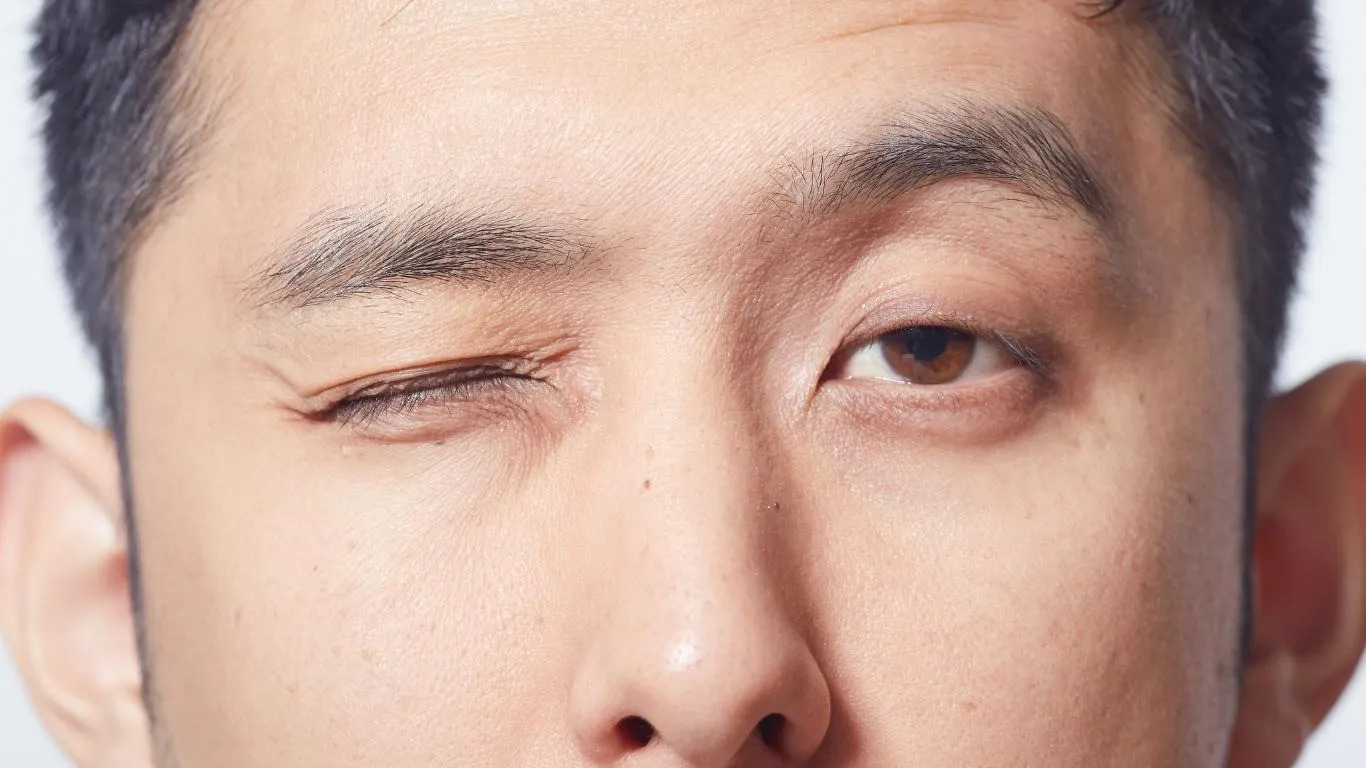
Let’s break this down. Your adrenal glands, located on top of your kidneys, are in charge of pumping out hormones like cortisol and adrenaline. When you’re chronically stressed (hello deadlines, doomscrolling, poor sleep, and caffeine overload), those glands can get overwhelmed—leading to what many refer to as adrenal fatigue.
Although not universally accepted in traditional medicine, many functional and integrative practitioners agree: adrenal dysfunction impacts multiple body systems—including your vision. Here’s how:
- Blood flow to the eyes drops when cortisol is out of balance, potentially affecting the vitreous humor’s health.
- Chronic inflammation linked with cortisol dysregulation can degrade collagen faster, increasing floater formation.
- Oxidative stress increases in adrenal fatigue, which can age the eye tissues prematurely.
All this boils down to a weird, very real truth: floaters could be another sign your stress system is on overload.
Symptoms That Tie the Two Together
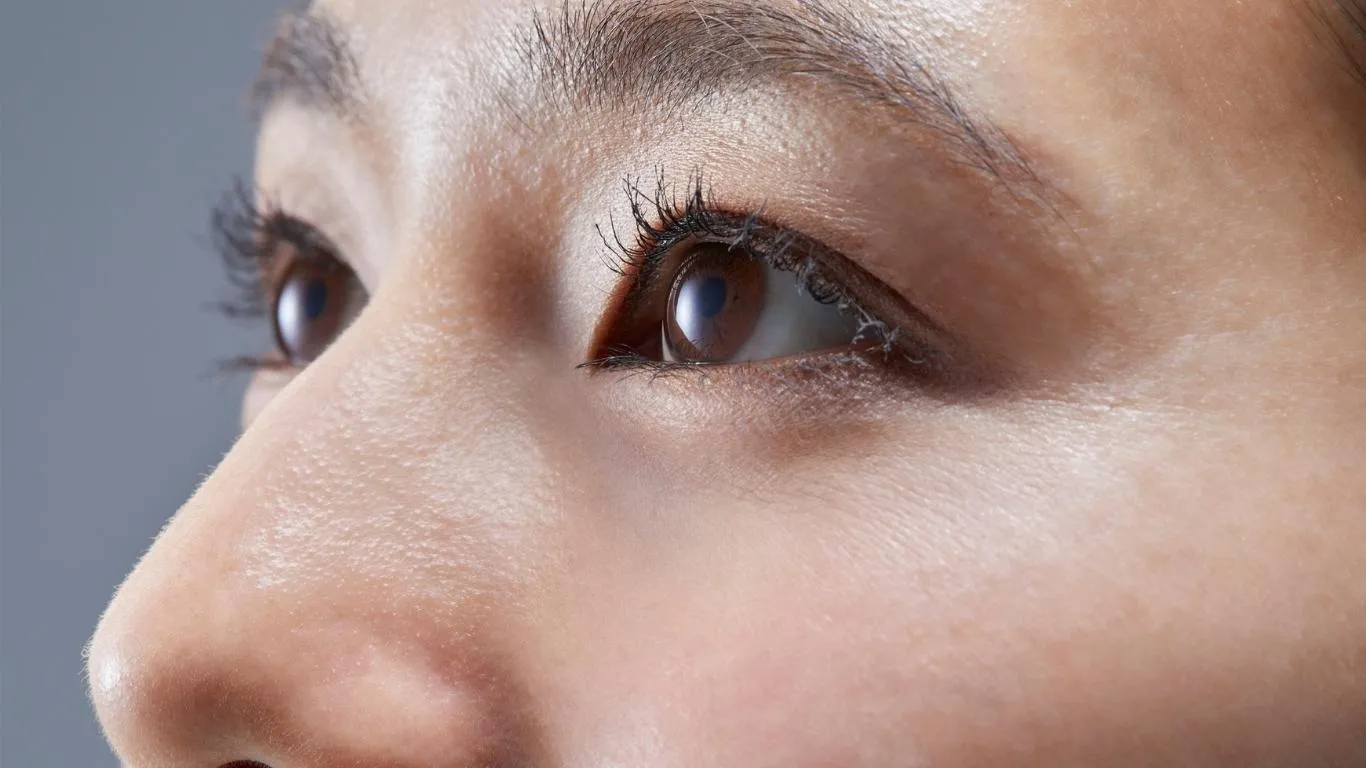
So how do you know if your floaters have more to say? Check out this short list. If more than a few hit home, it’s worth looking deeper:
- Increased floaters in the morning or under bright lights
- Feeling dizzy, lightheaded, or “off balance” when you stand up
- Brain fog that makes even simple tasks a drag
- Craving salty snacks all the time
- Waking up tired even after a full night’s sleep
Sound familiar? Then you might be dealing with more than just harmless visual debris.
What the Science (and Experience) Suggests
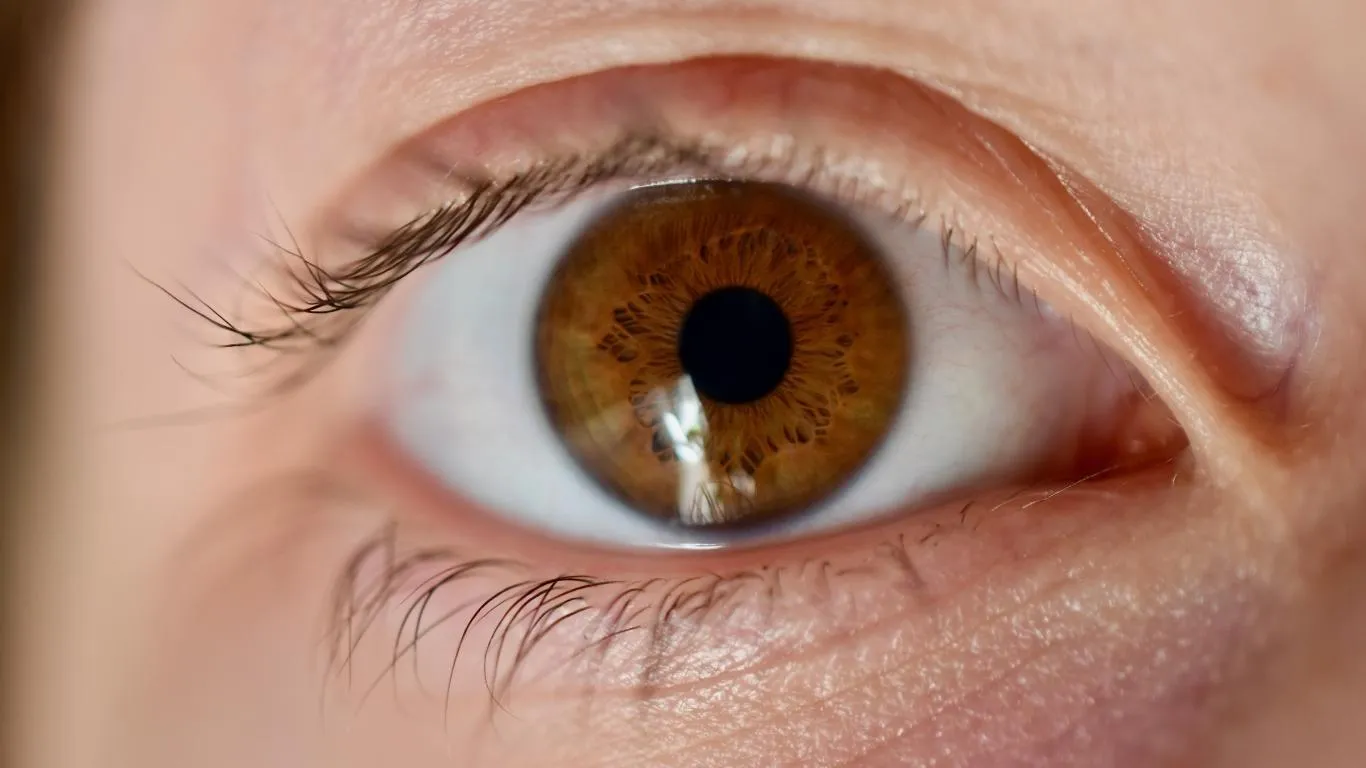
There’s no massive clinical trial—yet—linking eye floaters to adrenal fatigue. But there’s a pile of case studies, anecdotes, and smaller observational insights from health practitioners that build a compelling narrative.
Dr. James L. Wilson, author of Adrenal Fatigue: The 21st Century Stress Syndrome, even highlights how cortisol imbalance can subtly affect vision. Combine that with reports from functional eye doctors noting an uptick in floater complaints among stressed-out patients, and we’re definitely seeing a pattern.
Even this short guide on floaters and stress touches on how anxiety and mental strain can turn those harmless shadows into something far more persistent and annoying.
How I Started Making Connections
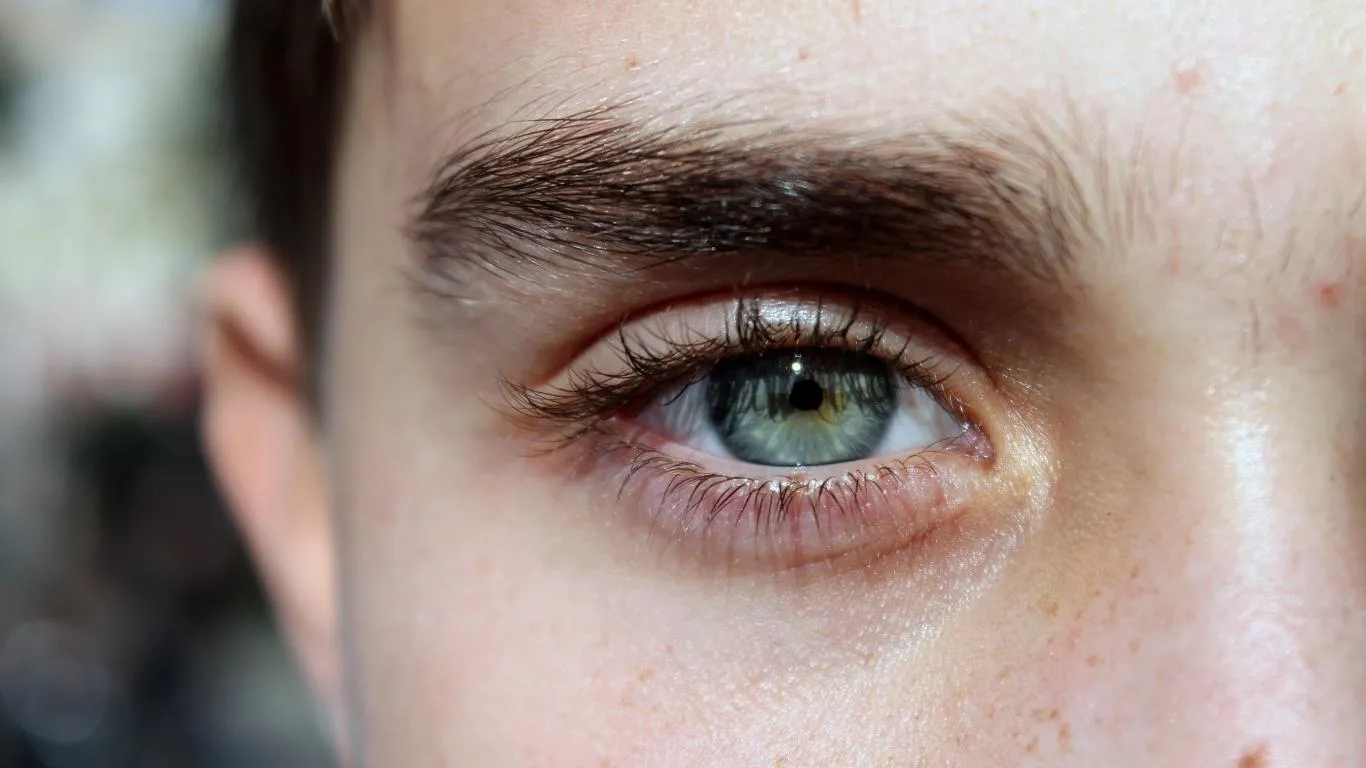
I was drinking three coffees before lunch, glued to my screen 10 hours a day, and barely sleeping. When floaters popped up, I brushed it off. But the fatigue, the constant stress hangover, and then the weird vision glitches—that’s when I knew something was off.
A visit to my optometrist ruled out anything urgent. But a deeper dive (plus a chat with a holistic practitioner) led me to start tracking my energy, sleep, and hydration. I cut back on caffeine, introduced some magnesium and B5 supplements, and started meditating—nothing too fancy. Within weeks, I noticed a change: the floaters faded, and my energy bounced back.
Of course, floaters haven’t totally vanished (they rarely do). But their persistence matched my burnout almost perfectly.
Smart Steps You Can Take
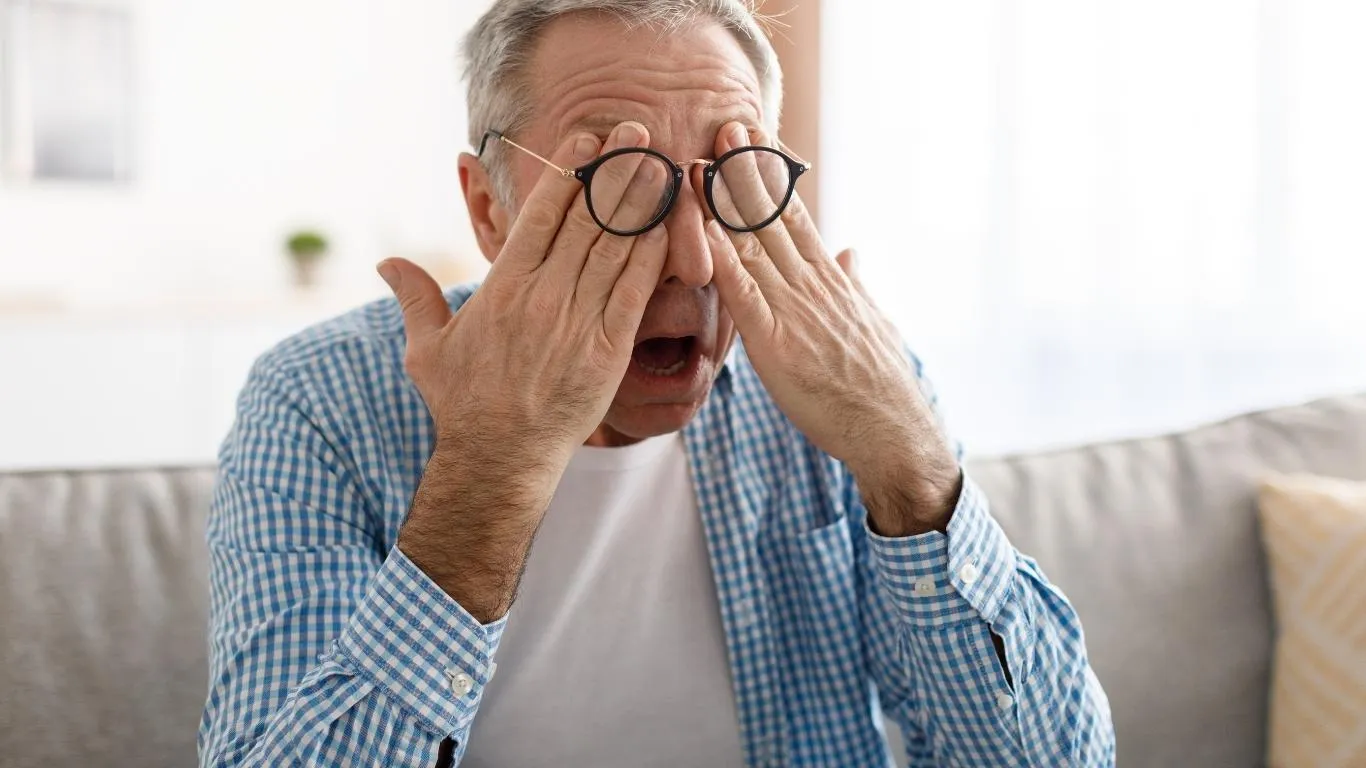
If this is resonating, here’s what helped me—and what might help you too. But always talk to your healthcare provider before making big changes:
- Hydration – Dehydration worsens both adrenal fatigue and floaters. Drink water with electrolytes, not just plain H2O.
- Regulate caffeine – Too much spikes cortisol, which throws everything off-balance.
- Support adrenal function with adaptogens like ashwagandha, and nutrients like vitamin C and magnesium.
- Dehydration and floaters have a known link, and your adrenals hate it too.
- Get more natural daylight in the mornings—your circadian rhythm and adrenals will thank you.
And if you want to dive deeper into understanding the various causes of floaters, this pillar article lays out all the common culprits—from aging to eye trauma.
For a broader perspective on what floaters are and how to deal with them, don’t skip the main floater guide here.
Why Eye Floaters May Persist Even After Adrenal Recovery
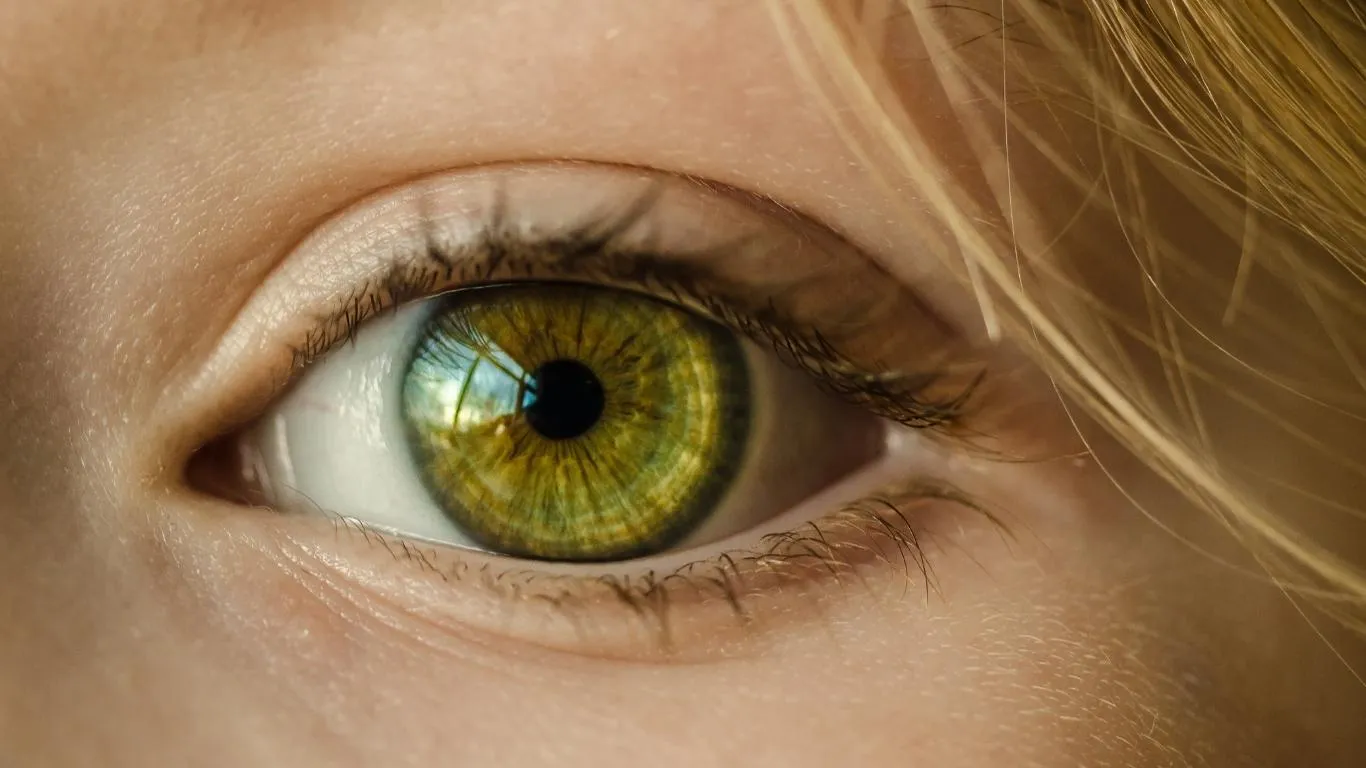
Here’s the frustrating part—getting your adrenal health back on track doesn’t always make floaters disappear completely. Why? Because once collagen fibers in the vitreous start clumping, they rarely dissolve completely on their own. Even though your stress levels are in check, those shadows may still linger.
It’s kind of like acne scars—sure, the inflammation is gone, but the marks remain. That said, they often fade over time. What really matters is minimizing the stressors that could spark more floaters or worsen the ones already floating around.
If you’re wondering about more persistent causes, this helpful breakdown on why floaters sometimes stick around dives deeper into the biology behind it.
Vision Stressors You Might Be Ignoring
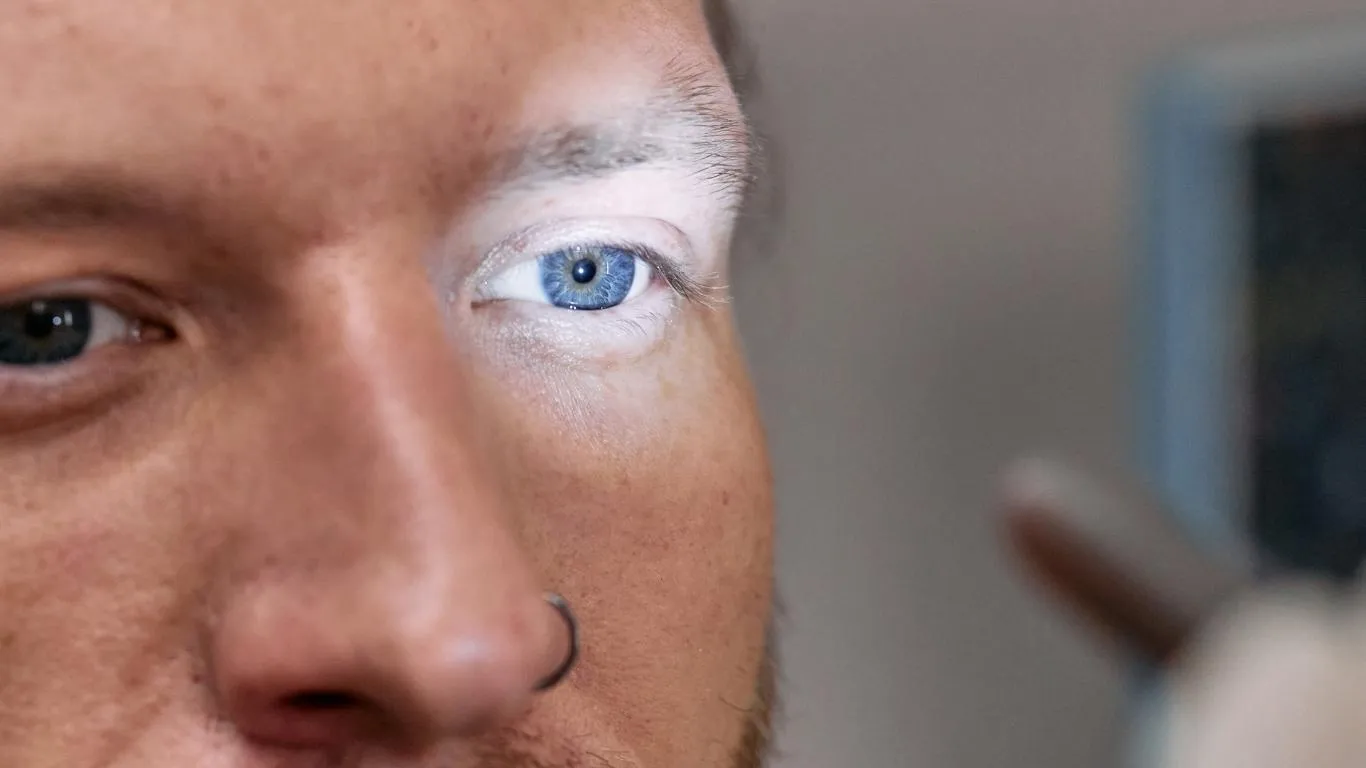
One big eye-opener for me—pun intended—was how daily habits were quietly wrecking my eye health. Even after I started feeling better overall, my eyes still felt tense. Turns out, things like bright lights, blue screens, dehydration, and poor posture were all adding to the problem.
And get this—smoking and even overuse of certain eye drops can aggravate floaters. Who knew?
So I started making small but powerful tweaks:
- Switched to warm light bulbs and added a screen filter to my laptop
- Increased my omega-3 intake (fish oil with DHA + EPA)
- Used lubricating eye drops—preservative-free only
- Took breaks with the 20-20-20 rule: every 20 minutes, look at something 20 feet away for 20 seconds
Supplements That Actually Help (and Those That Don’t)
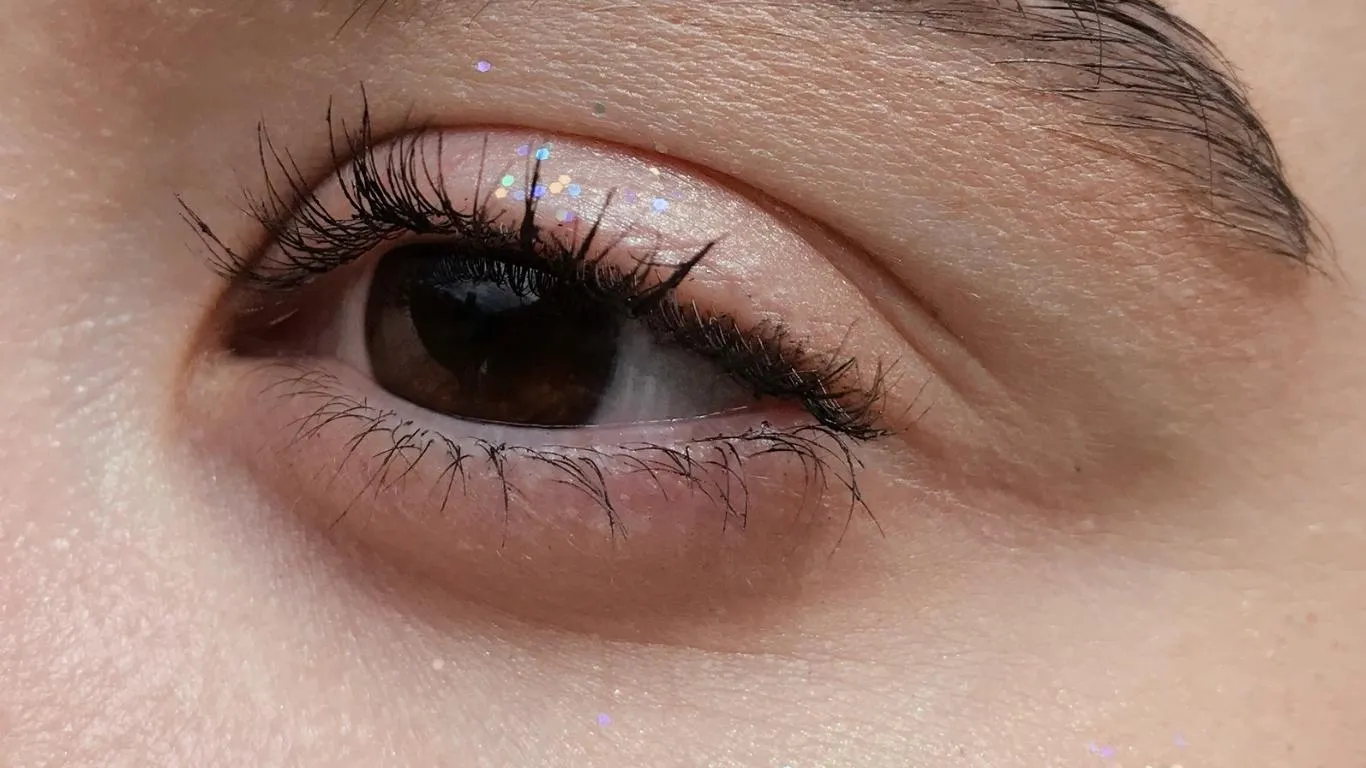
Quick note: not all supplements are created equal. I wasted too much cash on stuff that didn’t move the needle. But a few made a real difference—not just for floaters, but for overall energy too. Here’s what worked for me (and why):
- Magnesium glycinate – helped calm my nervous system and improved my sleep (which also helped my vision feel less strained)
- Vitamin C – supports both adrenal repair and collagen production
- B-complex (with B5 and B6) – essential for adrenal hormone regulation
- Vision-specific formulas with lutein, zeaxanthin, and bilberry
I skipped anything that claimed to “erase floaters overnight.” Sorry, that’s just marketing fluff. Instead, I focused on giving my body the tools to heal over time.
Are You Missing Hidden Triggers?
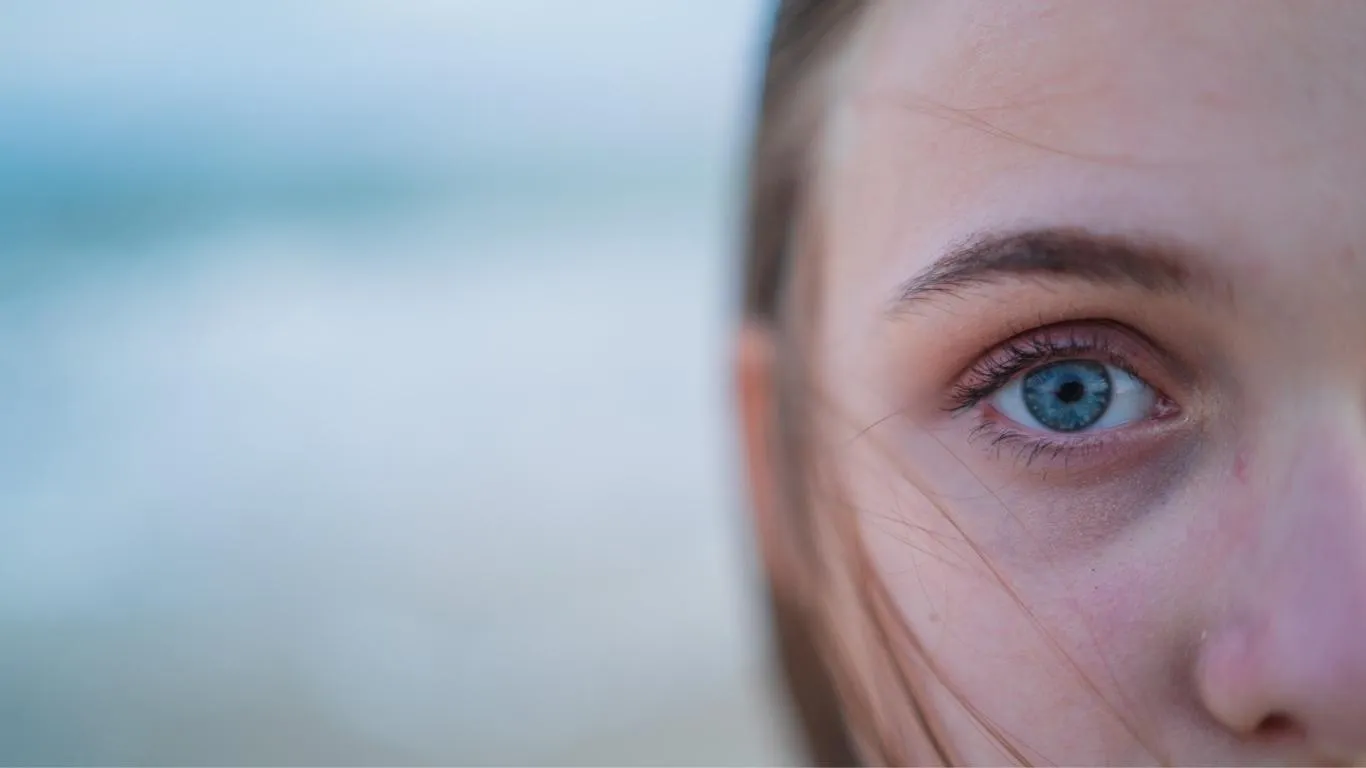
One thing I didn’t expect? Medications and underlying issues playing a part. I found out from a friend who’s a pharmacist that steroid-based eye drops may increase floaters in some people. And then there’s the antidepressant-floater connection that caught me off guard.
There are also inflammation-based triggers like autoimmune issues and lupus that can cause recurring or worsening floaters, even with low stress.
So if you’ve done “all the things” and still feel like your eyes are playing tricks on you, a root-cause approach may reveal what your eyes—and adrenals—are really trying to say.
When It’s Time to See a Specialist
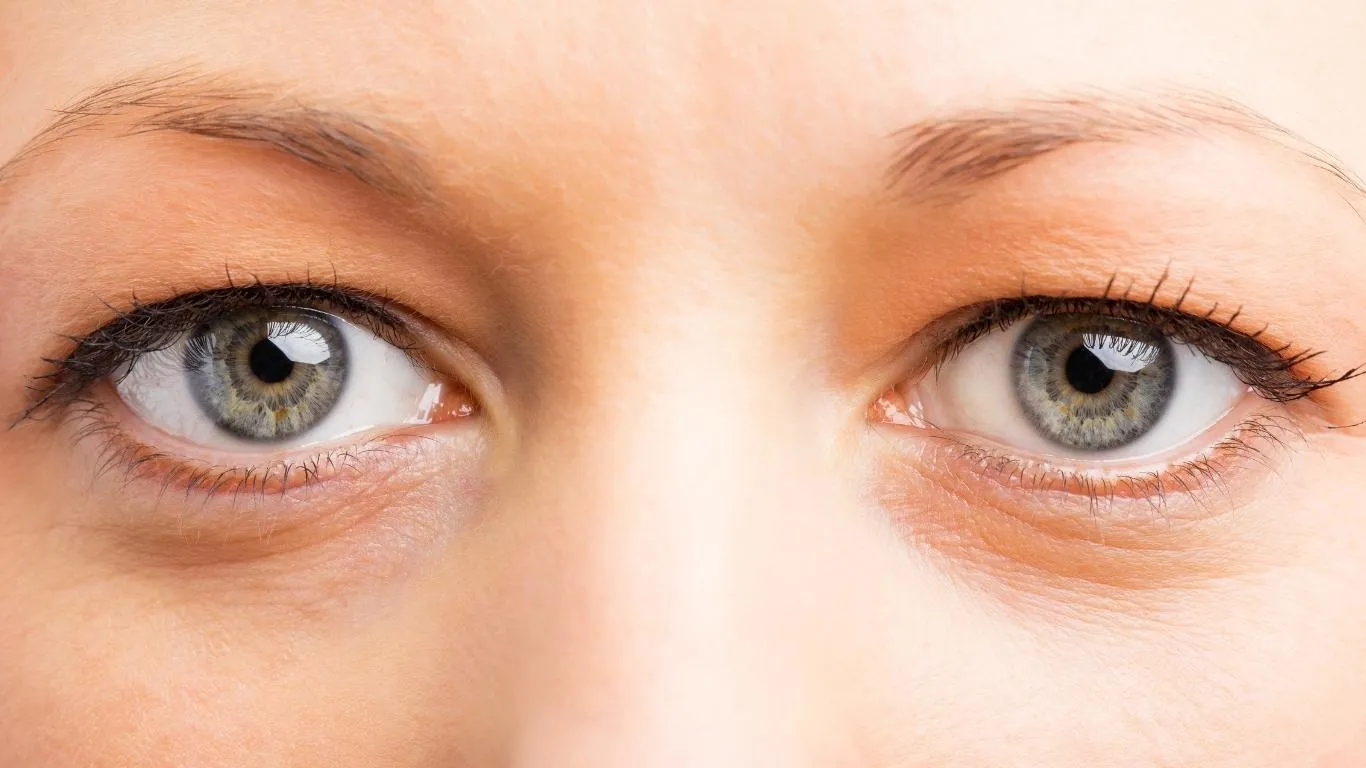
If floaters come on suddenly, are accompanied by flashing lights, or seem to multiply rapidly, don’t wait. That’s often a sign of something more serious, like a retinal tear or detachment. Check out this guide on floaters and retinal warning signs to know what to watch for.
For the rest of us, regular checkups with an eye care professional are still important. You’d be surprised how many people walk around with undiagnosed posterior vitreous detachment and don’t realize what’s causing their visual symptoms.
Practical Tools That Make Floaters Less Annoying
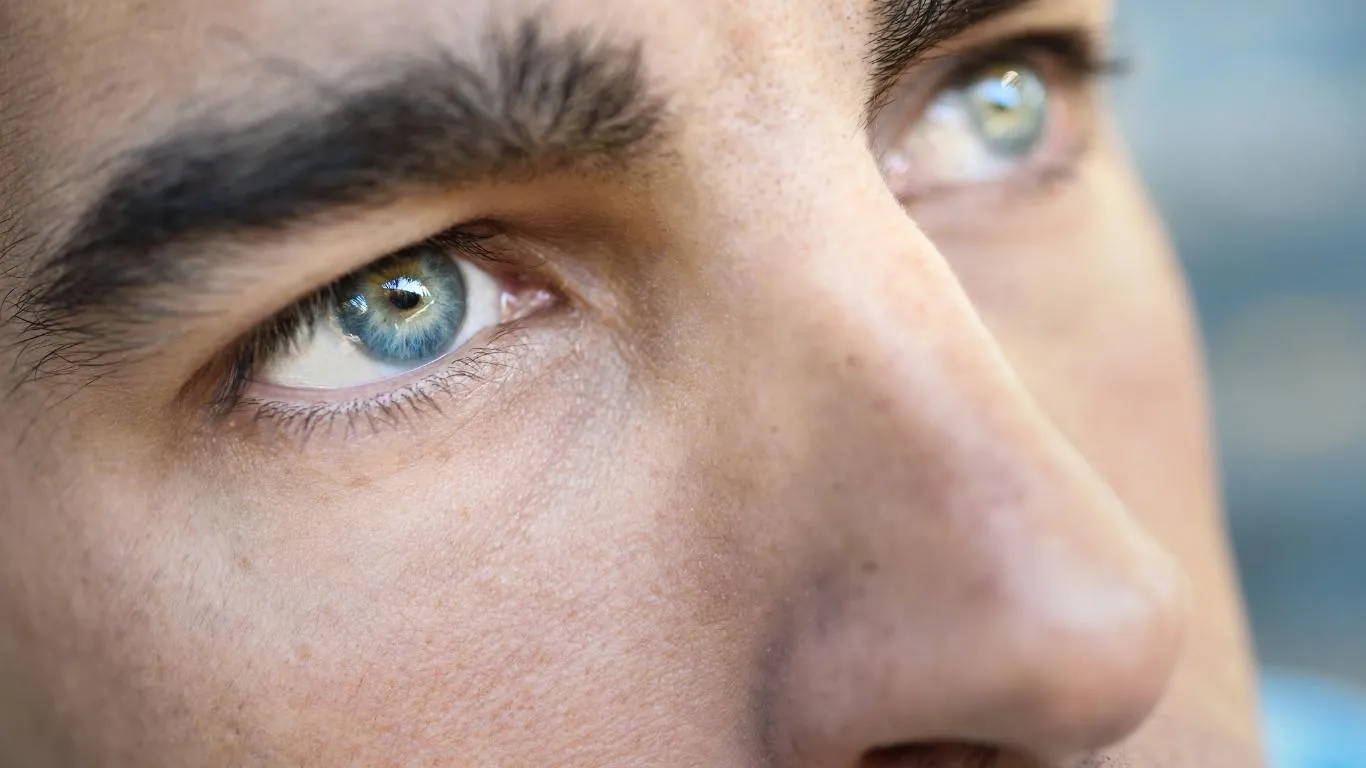
I’m a tech nerd, so naturally I found a few tools that made life easier:
- Using dark mode or sepia tones on devices helped reduce floater contrast
- Increased ambient lighting in my workspace (instead of harsh LEDs)
- Customized fonts and background shades in reading apps to reduce eye strain
- One odd trick—wearing yellow-tinted glasses made them less noticeable in bright settings
Most surprising of all? Once I started managing stress and improving adrenal health, my brain learned to ignore the floaters more effectively. That neuro-adaptation is real—and super encouraging.
What Worked for Me Might Work for You
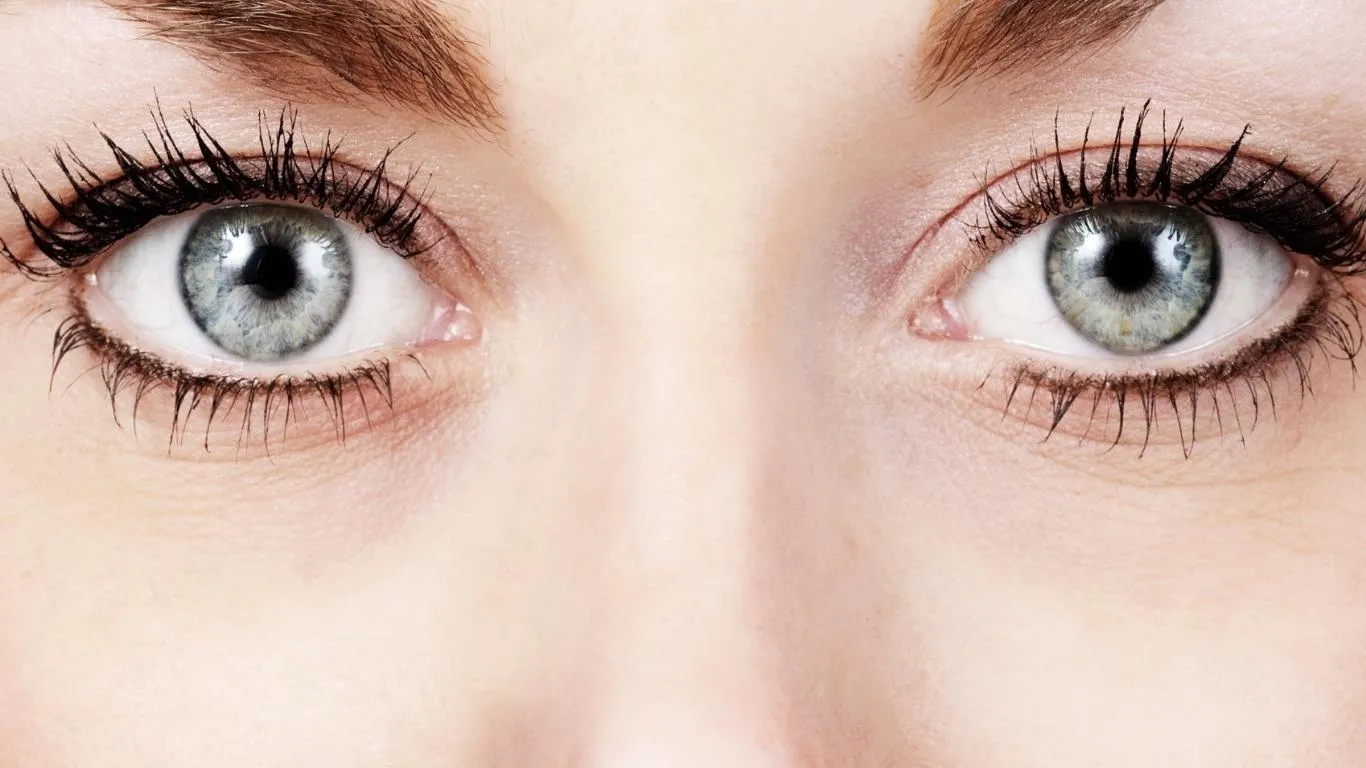
If you’ve been feeling off—mentally, physically, visually—don’t brush it aside. Sometimes your body whispers before it shouts. The connection between eye floaters and adrenal fatigue may not be mainstream, but if your experience is anything like mine, it’s worth taking seriously.
Start by restoring balance. Nourish your body. Prioritize sleep. Stay curious. And remember—you’re not alone in this. For a broader breakdown of floater management from natural to clinical options, this eye floater treatment guide can help you make informed choices.

Camellia Wulansari is a dedicated Medical Assistant at a local clinic and a passionate health writer at Healthusias.com. With years of hands-on experience in patient care and a deep interest in preventive medicine, she bridges the gap between clinical knowledge and accessible health information. Camellia specializes in writing about digestive health, chronic conditions like GERD and hypertension, respiratory issues, and autoimmune diseases, aiming to empower readers with practical, easy-to-understand insights. When she’s not assisting patients or writing, you’ll find her enjoying quiet mornings with coffee and a medical journal in hand—or jamming to her favorite metal band, Lamb of God.

